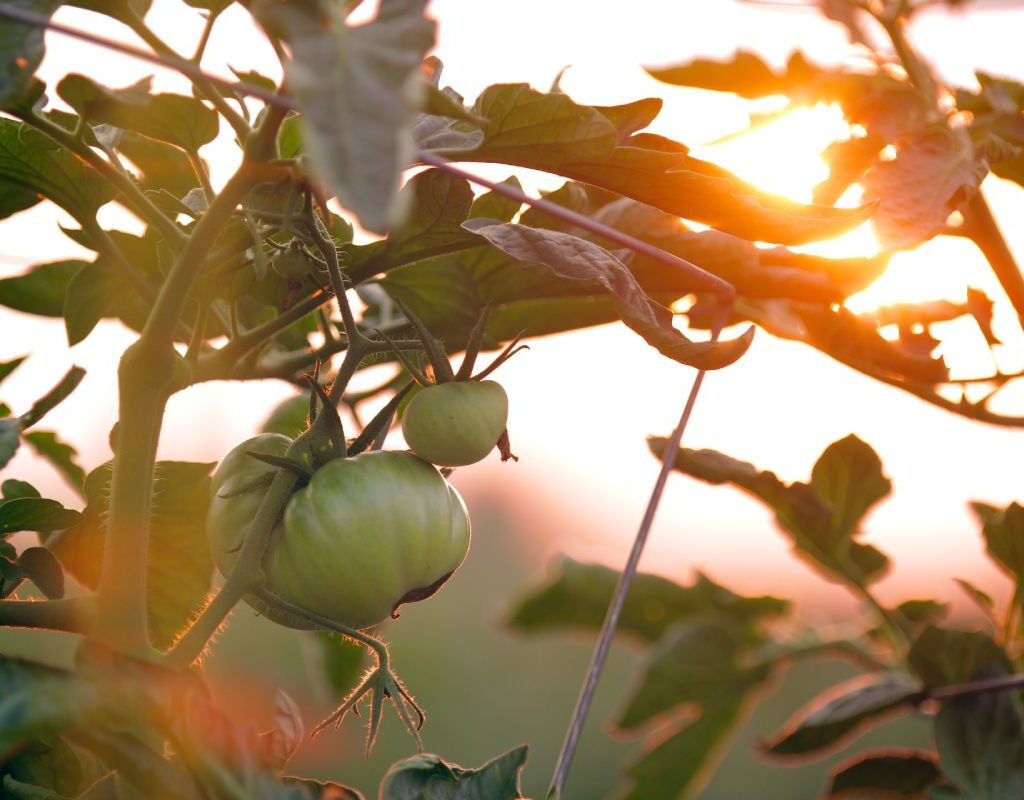Client Overview:
Our client is a large-scale horticulture producer specializing in fresh vegetables and fruits in Kenya.

Objective:
The client approached us with a requirement to identify the most efficient and cost-effective interventions to enhance crop yield. The main challenge was to design the necessary data collection methods and sources, as well as determine the optimal options for capturing and analyzing the identified data. Our approach involved leveraging IoT (Internet of Things) technologies and AI frameworks to address the project scope effectively.
Implementation:
To meet the client’s objectives, we employed IoT sensors, performed data analysis, and utilized AI frameworks. Our team consisted of two project managers, four data scientists, and four business managers.
Key Activities:
Identification of Major and Minor Factors: We conducted an in-depth analysis to identify the key factors influencing crop yield. These factors were categorized as major or minor based on their impact.
Data Needs and Sources: We designed a comprehensive framework to capture and analyze the required data. This involved determining the appropriate data sources and establishing effective data collection methods.
Prioritization and Rationalization of Data: To optimize the data analysis process, we prioritized the collected data based on its impact on crop yield. This enabled us to focus on the most critical data points for decision-making and research.
Proof of Concepts: We developed and tested various proof of concepts that relied on data for making operational decisions. These concepts provided valuable insights and guidance for future operations.
Project Team:
- Project Managers: Two experienced project managers oversaw the overall project execution and ensured alignment with the client’s objectives.
- Data Scientists: Our team of four data scientists employed their expertise in data analysis, modeling, and re-modeling to extract meaningful insights from the collected data.
- Business Managers: Four business managers contributed their industry knowledge and strategic thinking to guide decision-making throughout the project.
Key Project Phases:
Initial Project Scoping and Design: We collaborated with the client to define the project scope and establish clear objectives. This phase ensured that our execution aligned with the desired outcomes.
Ongoing Data Modeling: Throughout the project, we continually refined and adjusted the data sources and AI models based on the emerging insights. This iterative process allowed us to enhance the accuracy and relevance of our findings.
Results:
Our data analytics and AI consulting services enabled the client to make informed decisions to optimize their horticulture production. By leveraging IoT sensors, robust data analysis, and AI frameworks, we identified the most effective interventions to maximize crop yield while minimizing costs.
Conclusion:
Through our expertise in data analytics and AI consulting, we successfully assisted our client in enhancing their horticulture production. Our strategic approach, coupled with the utilization of IoT and AI frameworks, allowed us to deliver actionable insights that drove operational improvements.

